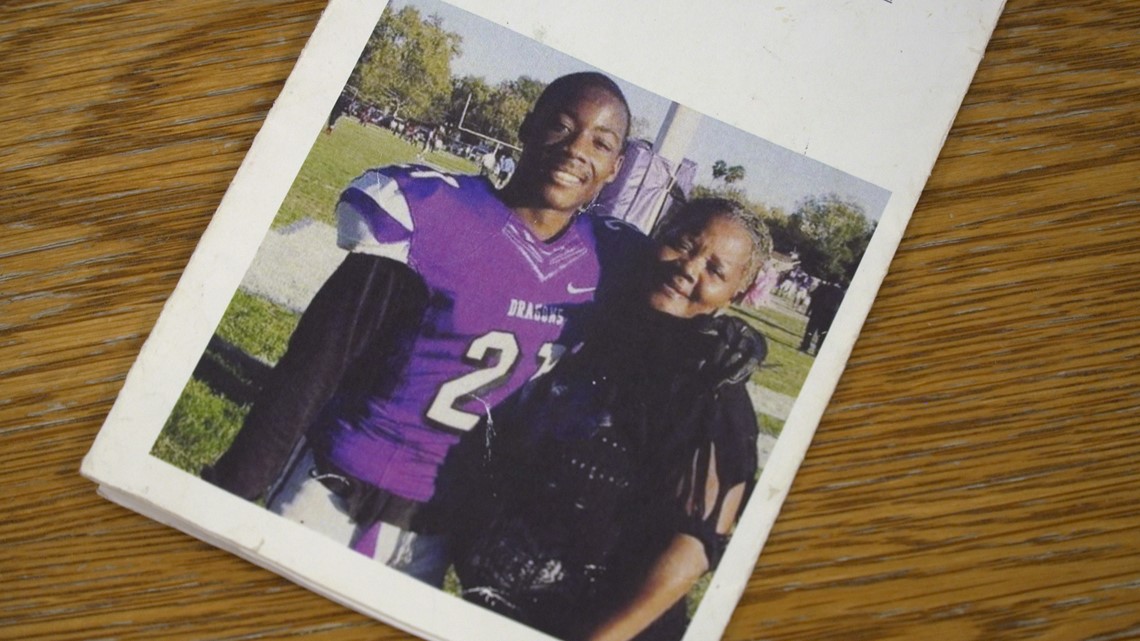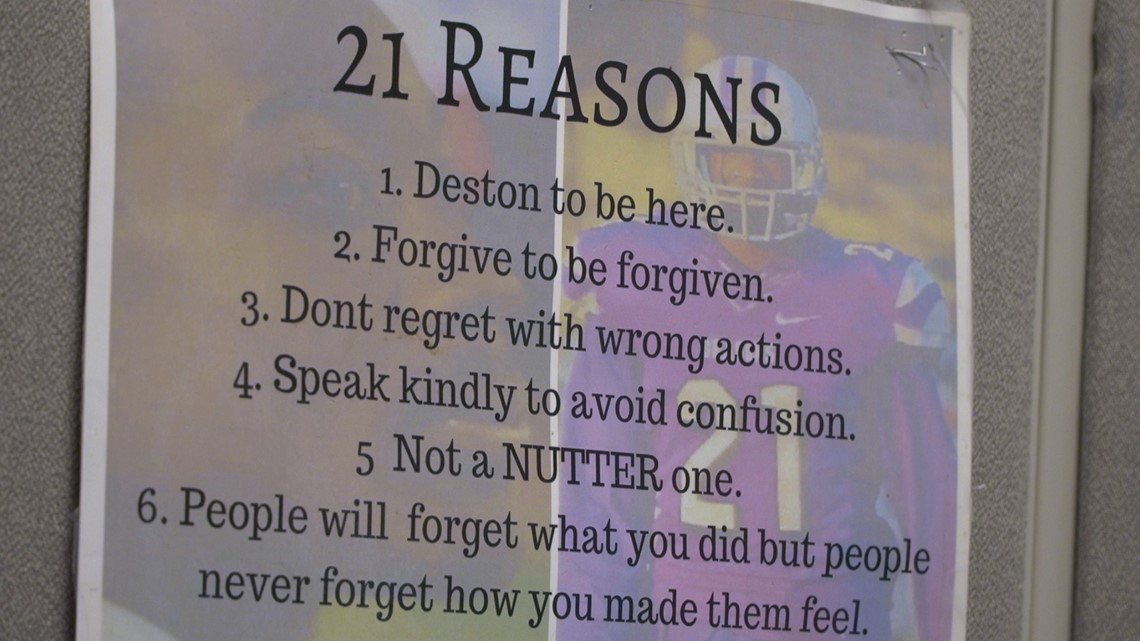SACRAMENTO, Calif. — Michelle Wilson lives in Sacramento's Oak Park neighborhood. She's a single mother with four children. Even though she relies on family and friends for support, she says she's still struggling to make ends meet.
"It's kind of tough," Wilson said. " But I make it work, I make it work. I have to pick which bills to pay at times. Either I'm going to pay rent this month, other bills, or just a portion of my rent."
Wilson is trying to get caught up with household bills after running into additional financial hardships amid the COVID-19 pandemic. She says she's behind on the electric bill and the heatwave is making matters worse. She's also been using the air conditioner more than usual this summer to help keep the home a safe temperature for her children.
"I'm behind on my SMUD bill," Wilson said. "I did make a payment the other day, because they said if I didn't make a payment, they were going to shut it off. So, I made the payment right away of $266. I still owe $194."
Data from the National Energy Assistance Directors Association (NEADA) shows more than 20 million families are behind on their utility bills in the U.S. That's about one out of six families. In total, families owe about $16 billion, up from about $8.1 billion at the end of December 2019. During this period, the average amount owed increased from about $403 to $792.
Black and Hispanic households are the most at risk of having their power cut off. That's coming from a survey by Indiana University's Energy Justice Lab. It shows low-income, Black and Hispanic families often forgo other basic household needs to pay their energy bills. Some families will also adjust the temperature in their homes to uncomfortable levels and accumulate utility debt.


Community Resource Project, Inc. (CRP) is a non-profit based in Sacramento. Three Latino community leaders founded the organization in 1972. CRP is on a mission to "improve opportunities for people in need throughout the Greater Sacramento Region through energy efficiency, health education, and career development."
"Low-income families that live in apartments or single-family housing, if they are not weatherized correctly, they waste a lot of energy and their cost are higher," said Luis Sanchez, CEO, Community Resource Project.
CRP is helping low-income families by offering free home weatherization in Sacramento, Sutter, and Yuba counties. The organization also helps families pay energy bills. It's all part of the government-funded "Home Energy Assistance Program" (HEAP).
"Once we've made that pledge, especially working closely with SMUD and PG&E, they'll accept those pledges," Sanchez said. "Then, the payments come in through the state directly to the utility company on behalf of the client."
21 Reasons is a nonprofit based in Sacramento that helps the most vulnerable, too. Tanya Bean-Garrett founded the organization after someone shot and killed her son, Deston "Nutter" Garrett, in 2016. The goal is "to see families in the communities collaborate, build relationships with other families and participate in life skills that will bring a positive awareness to the community."
"Bills are high," said Bean-Garrett. "SMUD has went up. PG&E has went up. Food has went up. Gas has went up. We're supposed to help our community. We're supposed to help one another. It takes a village to raise a family."


Through a scholarship program, 21 Reasons awarded Wilson $1,000 in total for household bills in the past. The program, however, is no longer available due to lack of funding and donations.
"Keep funding the organizations that are trying to help us, so that we do not keep falling behind, because we really need those organizations right now, " said Wilson.
You can donate to 21 Reasons by visiting the organization's official website. To learn more about the HEAP program, visit the CRP website.





















